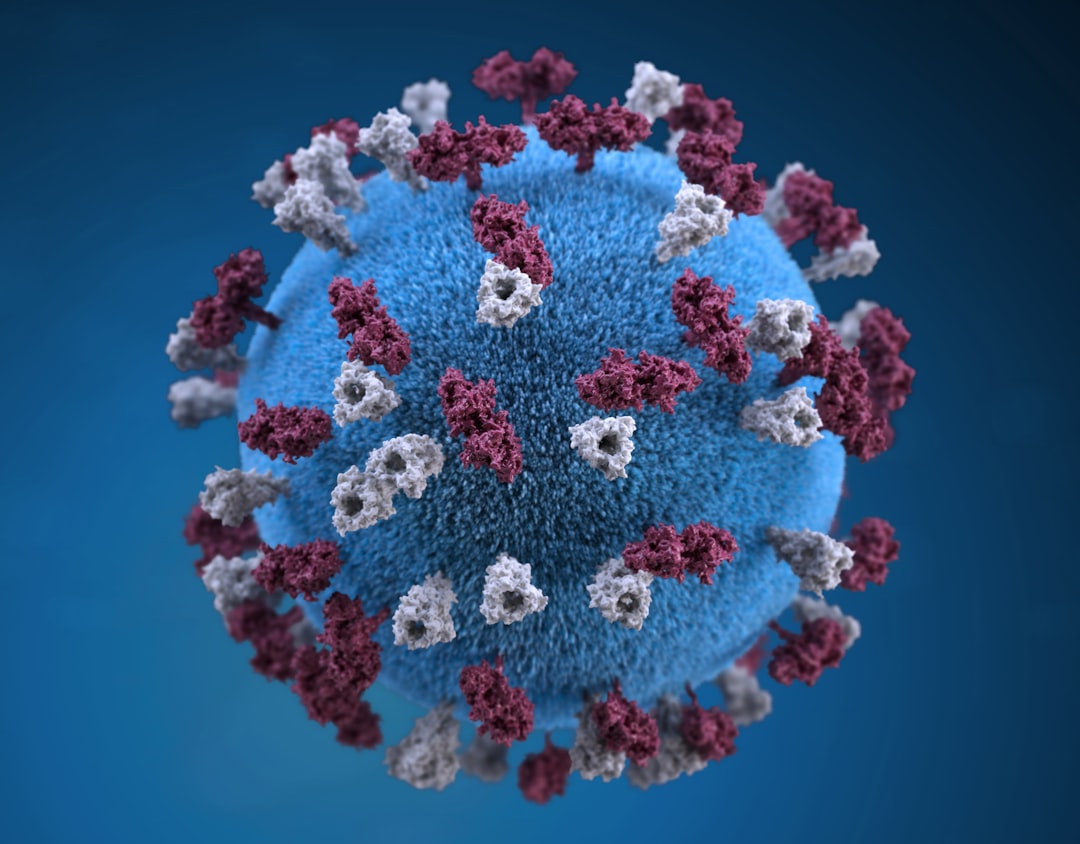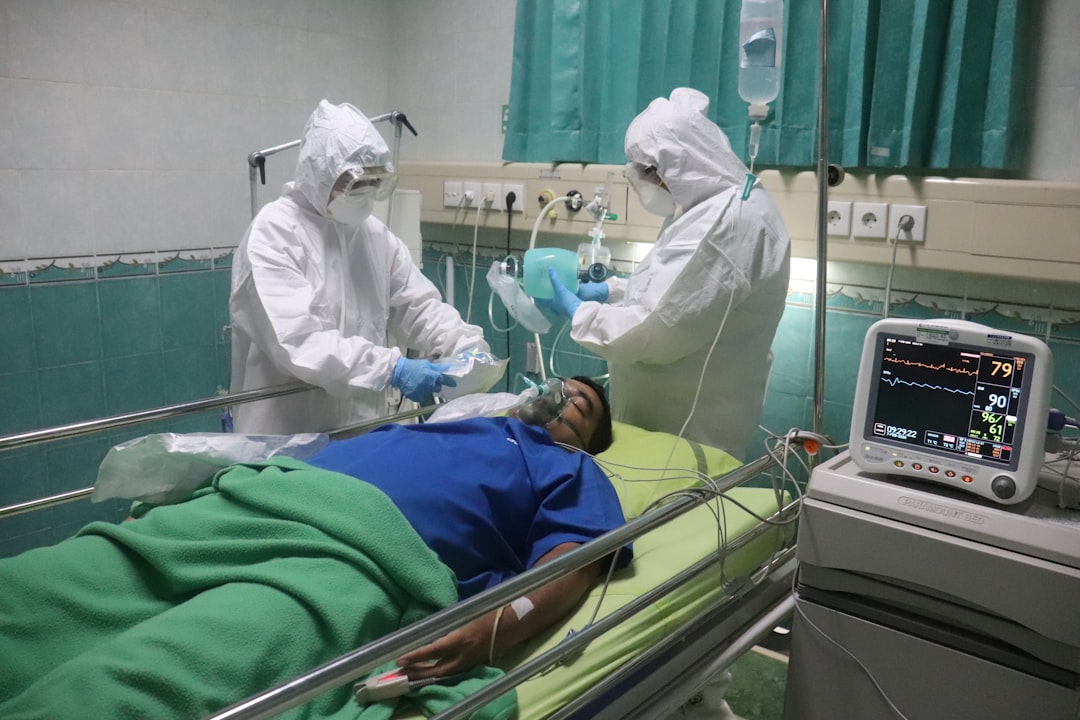Measles in West Texas: What You Need to Know to Protect Your Family
Overview of the Measles Outbreak in West Texas
Current Outbreak Overview
The 2025 measles outbreak has made Texas a focal point in the United States, with the state accounting for an estimated 66% of the nation’s reported measles cases. This marks the second-most active year for measles infections since its elimination in 2000, illustrating a significant public health challenge. Measles cases in 2025 are surging, making it the second-most active year since the disease was eliminated in the U.S. in 2000, with Texas being the most affected state. In the West Texas region alone, 744 confirmed cases have been documented, with the counties of Dawson, Gaines, Lamar, and Lubbock experiencing ongoing transmission. This situation is particularly alarming as it has already led to tragic outcomes, with two unvaccinated children succumbing to the disease. Such fatalities bring to light the urgency and necessity of vaccination efforts.
The Centers for Disease Control and Prevention (CDC) has observed a troubling rise in outbreak-associated cases across the country, indicating an escalating public health concern that requires immediate attention. Historically, measles was nearly eradicated due to robust vaccination campaigns, which makes the current resurgence particularly concerning. The current situation in Texas serves as a poignant reminder of the importance of maintaining high vaccination rates to safeguard public health. As the outbreak continues to unfold, understanding the dynamics and response strategies becomes crucial in curbing the spread and preventing future occurrences.
Symptoms and Complications of Measles
Recognizing Measles Symptoms
Recognizing measles symptoms early is crucial for containment and treatment. The initial signs of measles often include a high fever, cough, runny nose, and inflamed red eyes, which can be easily mistaken for the flu or a common cold. However, a distinctive red rash that typically starts on the face and spreads downward is a hallmark of the disease and usually appears three to five days after the first symptoms. This rash is often the telltale indicator that helps differentiate measles from other viral infections.
The complications of measles can be severe and sometimes life-threatening, necessitating prompt medical attention. Pneumonia is one of the more common complications, which can be particularly dangerous for young children and those with weakened immune systems. Brain swelling, known as encephalitis, can also occur, potentially leading to long-term neurological issues. Approximately 11% of measles patients are hospitalized due to these severe complications. Another concerning long-term complication is subacute sclerosing panencephalitis (SSPE), a rare but fatal brain disorder that can develop seven to ten years after measles infection, occurring in about 1 in 4,000 cases.
The incubation period for measles is typically 10 to 12 days. During this time, individuals do not show symptoms but can still spread the virus, making measles highly contagious. Infectiousness begins about four days before the rash appears and lasts until about four days after it surfaces, creating a critical window for transmission. Understanding these timelines is vital for controlling outbreaks and preventing further spread of the virus.
 Importance of Vaccination and Herd Immunity
Importance of Vaccination and Herd Immunity
Vaccination Details
Vaccination remains a vital strategy in the fight against measles, with the MMR vaccine offering robust protection. Two doses of the MMR vaccine ensures a 97% effectiveness rate against measles, underscoring its importance in controlling outbreaks. The concept of herd immunity plays a crucial role in this context. For measles, due to its high contagion factor, also known as the reproduction number (R0), which is between 12 and 15, achieving a 95% vaccination rate within the population is essential to prevent sustained transmission. This level of immunity within the community protects not only those vaccinated but also offers a shield to individuals who cannot receive the vaccine, such as newborns and those with certain health conditions.
The implications of declining vaccination rates are starkly evident in the resurgence of measles outbreaks across the country. The drop in immunization coverage has created vulnerabilities that allow the disease to spread more easily, posing a public health challenge. Historical data highlights the dramatic decrease in measles cases following the introduction of the vaccine, showcasing its effectiveness. For example, the number of cases plummeted from hundreds of thousands in the mid-20th century to near elimination in the early 2000s. This historical success story emphasizes the critical need for maintaining high vaccination rates. By ensuring widespread vaccine coverage, communities can effectively curb outbreaks and protect vulnerable populations.
Public Health Response to the Measles Outbreak
 Measures Implemented
Measures Implemented
In response to the ongoing measles outbreak, the Texas Department of State Health Services has joined forces with local health departments to rigorously investigate and control the spread of the virus. A key strategy involves detailed contact tracing to identify and monitor individuals who may have been exposed to the virus, aiming to curb transmission and protect vulnerable populations. Additionally, vaccination outreach has been intensified, with efforts focusing on increasing the uptake of the MMR vaccine among residents, especially in communities with low vaccination rates. This proactive approach not only addresses current cases but also aims to prevent future outbreaks.
To further facilitate vaccination access, mass vaccination clinics have been strategically organized in high-risk areas, ensuring that residents can obtain the MMR vaccine easily and without undue delay. These clinics are designed to serve large numbers of people efficiently, reducing barriers such as transportation or scheduling conflicts that might prevent individuals from getting vaccinated. Moreover, health departments are utilizing modern tools, such as social media platforms, to engage the community. These campaigns are crafted to educate the public about the critical role of vaccines in preventing measles and to counteract misinformation about vaccine safety, thereby fostering a well-informed community that prioritizes public health.
 Recommendations for Individuals and Families
Recommendations for Individuals and Families
 Preventive Actions
Preventive Actions
For residents in counties experiencing active measles transmission, adhering to vaccination recommendations is critical. Vaccinations can be obtained from a variety of sources, including healthcare providers, local pharmacies, and programs like Texas Vaccines for Children, which aim to make vaccines more accessible and affordable for families. These efforts are supplemented by an increase in vaccination clinics offering walk-in options, which significantly bolster the public health system’s ability to curb the outbreak and protect the community.
It is crucial for families to maintain up-to-date vaccination records and engage in open communication with healthcare providers regarding any concerns about measles or vaccination protocols. This proactive approach ensures that any potential gaps in immunization are addressed promptly, reducing the risk of infection. Moreover, in the unfortunate event of exposure to the virus, individuals should be vigilant in monitoring for early symptoms, such as fever or rash, and seek medical advice immediately to help contain the spread of the disease. By taking these steps, families contribute to the larger effort of controlling the outbreak and protecting vulnerable populations.
Role of El Paso Emergency Room
 Emergency Services and Support
Emergency Services and Support
El Paso Emergency Room stands as a beacon of hope for those affected by the measles outbreak, offering round-the-clock emergency services that are crucial during such public health crises. With its state-of-the-art technology, the facility is well-equipped to provide immediate and effective treatment for severe cases of measles, which is vital for patient recovery [customer product context]. The dedicated team at El Paso Emergency Room is trained to address complications like respiratory distress and severe dehydration, which are potential risks for individuals suffering from measles. This makes the facility an essential resource for families seeking urgent medical attention.
Moreover, the compassionate care provided by the board-certified physicians and experienced nursing staff ensures that patients receive the support they need during these challenging times. El Paso Emergency Room also features an onsite lab and imaging services, enabling quick diagnosis and treatment, which is especially important in managing the complications of measles [customer product context]. Whether you are dealing with a sudden onset of symptoms or require continuous monitoring for measles-related health concerns, El Paso Emergency Room is prepared to meet your needs. For further details on the comprehensive emergency care options available during the measles outbreak, please visit El Paso Emergency Room’s website at https://www.eper.com/.
Urgent Call to Action: Protecting Your Family from Measles
In light of the ongoing measles outbreak, protecting your family begins with ensuring that everyone is up-to-date with their vaccinations. The MMR vaccine is a vital tool in safeguarding against measles, offering 97% effectiveness when administered in two doses. This vaccine not only protects those who receive it but also contributes to the broader community protection known as herd immunity, which is essential in preventing the spread of outbreaks. Families should maintain accurate vaccination records and consult healthcare providers if there are any uncertainties regarding their vaccination status. It is crucial to act promptly in checking vaccination records, particularly for children who are most vulnerable to the disease.
Staying informed about the latest developments in the outbreak is another key aspect of protection. Keeping abreast of updates from health authorities and local health departments can provide valuable information on the current status of the outbreak and any new recommendations or measures being implemented. By visiting trusted news sources and health department websites, families can receive timely updates on the spread of measles and any changes in vaccination recommendations. Additionally, El Paso Emergency Room offers 24/7 emergency services and is equipped to handle urgent medical situations related to measles, such as severe dehydration or respiratory complications. To learn more about how El Paso Emergency Room can assist in ensuring your family’s health during this outbreak, visit their website at https://www.eper.com/.


